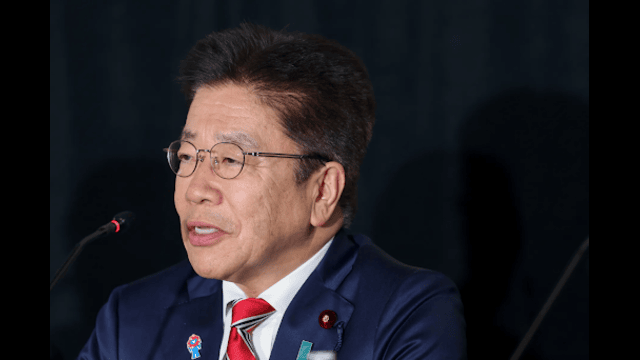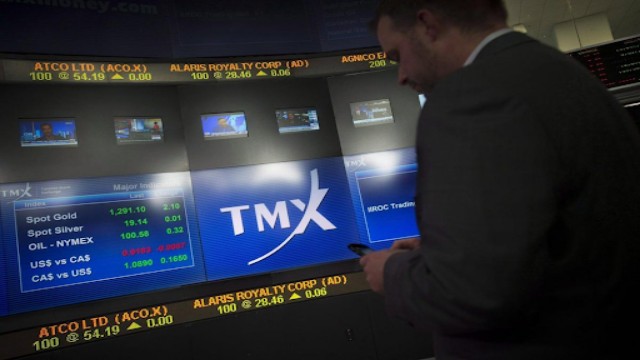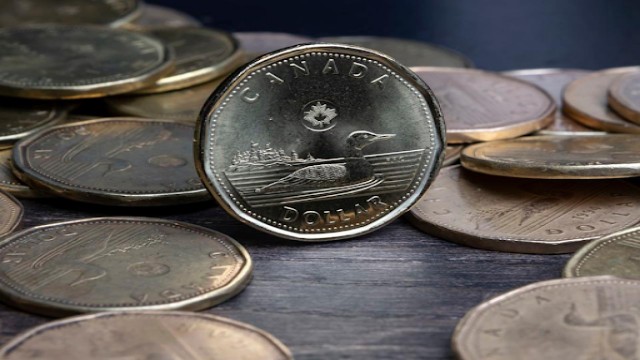
Katsunobu Kato, Japan’s Finance Minister, said the country’s large holdings of U.S. Treasury bonds could be considered during trade discussions with the United States. Bloomberg
Japan's Finance Minister, Katsunobu Kato, suggested that the country's significant holdings of U.S. Treasury bonds could serve as a strategic tool in ongoing trade discussions with the United States. While emphasizing that no immediate action is planned, Kato acknowledged the potential of these assets as leverage.
"It does exist as a card," Kato stated during a television interview, referring to Japan's vast U.S. debt holdings. He clarified that whether to use this "card" would depend on future decisions. Japan holds approximately $1.13 trillion in U.S. Treasury securities, making it the largest foreign holder of U.S. debt, followed by China with $784 billion.
Market Reactions and Historical Context
Following Kato's remarks, financial markets remained relatively stable. U.S. Treasury yields showed little change during Asian trading hours, and Japanese stocks experienced modest gains. However, experts caution that any indication of Japan selling U.S. debt could disrupt global financial markets.
"Just the threat of it could have implications for the Treasury market," noted Kathy Jones, chief fixed-income strategist at a major financial firm. She added that actual sales could be detrimental to Japan's own economy.
This isn't the first time Japan's U.S. debt holdings have been mentioned in trade contexts. In the 1990s, similar comments led to significant market volatility, prompting Japanese officials to clarify their positions swiftly.
Ongoing Trade Negotiations
Japan and the United States are currently engaged in trade negotiations, with Japan's chief negotiator, Ryosei Akazawa, leading discussions in Washington. The two nations aim to reach an agreement by June, focusing on various economic issues, including tariffs and currency policies.
Currency exchange rates have been a point of contention, with the U.S. expressing concerns over the strength of the yen. Japanese officials, including Kato, have consistently denied any intentional manipulation of their currency.
Strategic Implications
Analysts view Kato's comments as a strategic move to signal Japan's potential leverage without committing to any specific action. Martin Whetton, head of financial markets strategy at a leading bank, likened it to "speaking softly and carrying a big stick," emphasizing the power of suggestion in negotiations.
While the likelihood of Japan selling its U.S. debt remains low, the mere possibility introduces a new dynamic into the trade talks. Both nations continue to navigate complex economic relationships, with significant implications for global markets.















